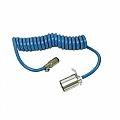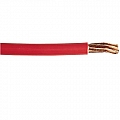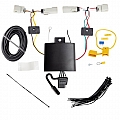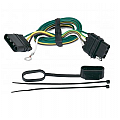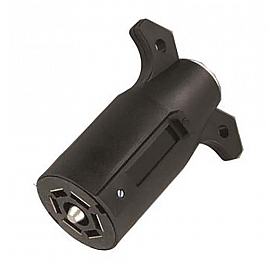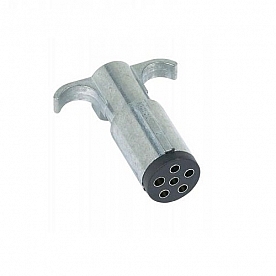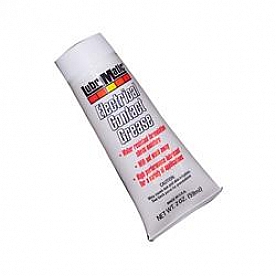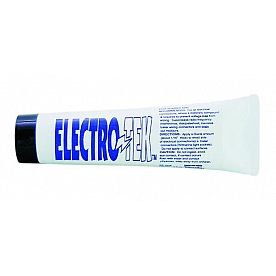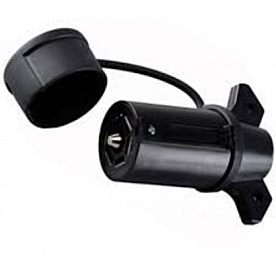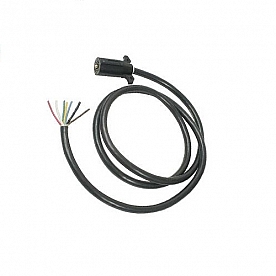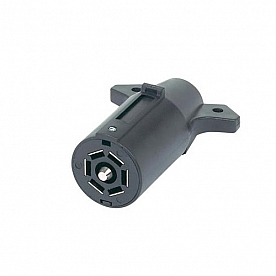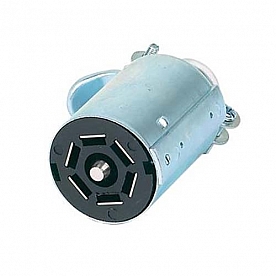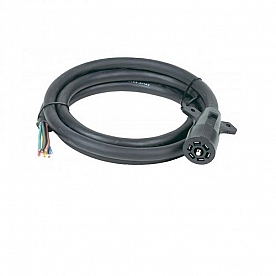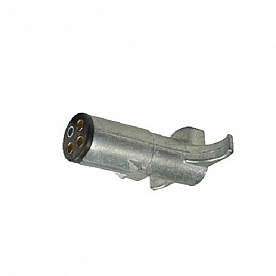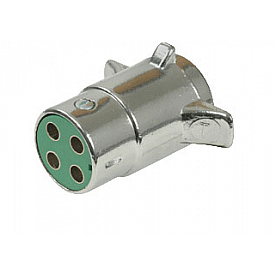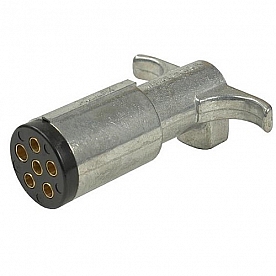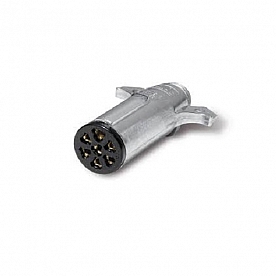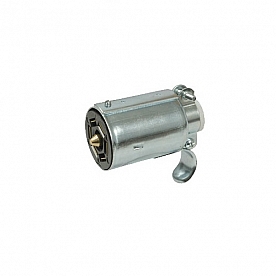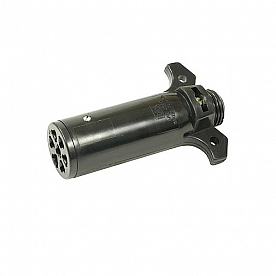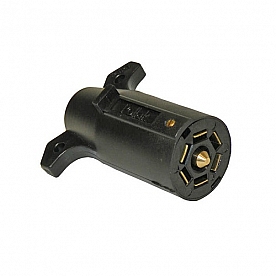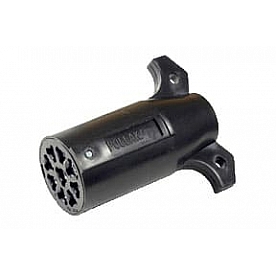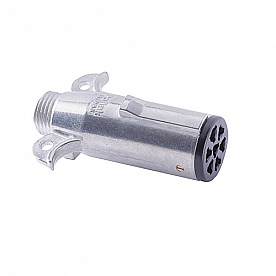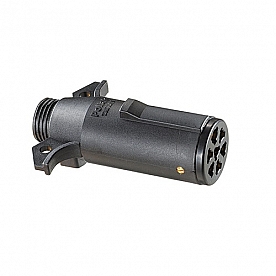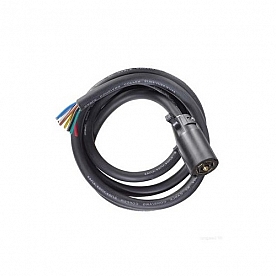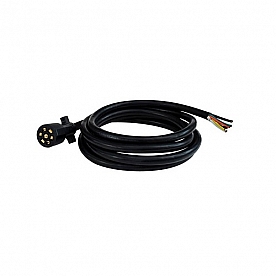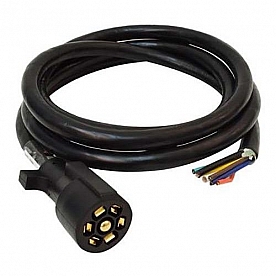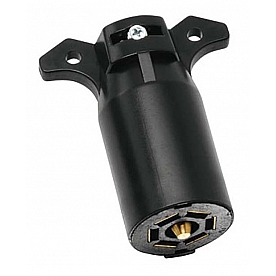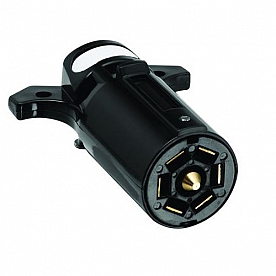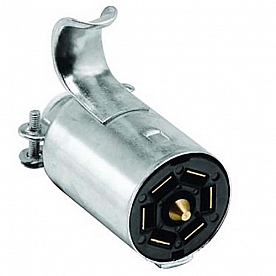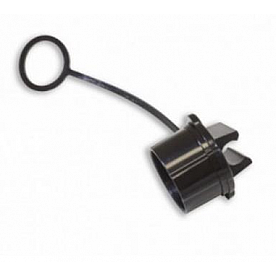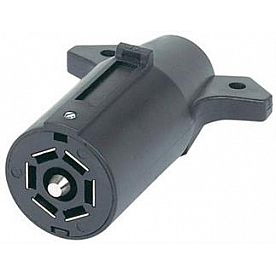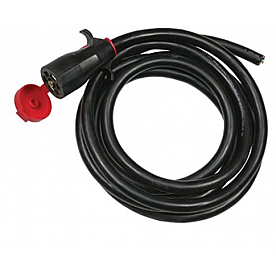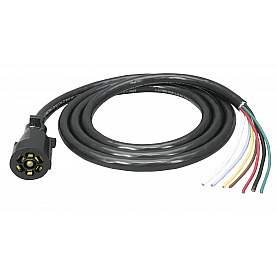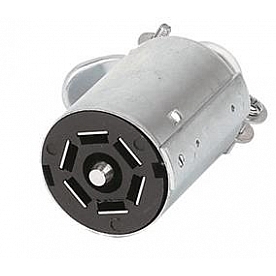1 - 32 of 82 results
⬤ Out Of Stock
Recommended Use
Corrosion Inhibitor
Resistance
Water Resistant
Unit Quantity
Single
Unit Size
2 Ounce
Unit Type
Tube
⬤ In Stock
Color
Black
Compatibility
7 Way Trailer Connector
Material
Injection Molded Rubber
Quantity
Bulk With Tether
⬤ In Stock
Color
Black
End Type
7 Blade
Material
Plastic
Vehicle End or Trailer End
Trailer End
⬤ In Stock
Color
Black
End Type
7 Blade
Vehicle End or Trailer End
Trailer End
⬤ Out Of Stock
Color
Silver
End Type
7 Blade
Material
Metal
Vehicle End or Trailer End
Trailer End
⬤ In Stock
Color
Black
End Type
7 Blade
Vehicle End or Trailer End
Trailer End
⬤ Out Of Stock
Color
Silver
End Type
7 Blade
Material
Metal
Vehicle End or Trailer End
Trailer End
⬤ In Stock
Color
Black
End Type
7 Blade
Material
Plastic
Vehicle End or Trailer End
Trailer End
⬤ In Stock
Color
Black
End Type
9 Blade
Vehicle End or Trailer End
Trailer End
⬤ In Stock
Color
Black
End Type
7 Blade
Vehicle End or Trailer End
Trailer End
⬤ Out Of Stock
Color
Black
End Type
7 Blade
Material
Plastic
Vehicle End or Trailer End
Trailer End
⬤ Out Of Stock
Color
Silver
End Type
7 Blade
Material
Metal
Vehicle End or Trailer End
Trailer End
⬤ In Stock
Color
Black
Used To
Protect 7-Pin Trailer Plug From Dirt/ Bugs And Water
⬤ In Stock
Color
Black And Red
End Type
7 Blade
Material
Rubber
Vehicle End or Trailer End
Trailer End
⬤ In Stock
Color
Black
End Type
7 Blade
Vehicle End or Trailer End
Trailer End
⬤ Out Of Stock
Color
Black/ Silver
End Type
7 Blade
Material
Metal
Vehicle End or Trailer End
Trailer End
Showing 1 - 32 of 82 Products
Towing Trailer Wiring is a specific type of wiring setup used to connect a tow vehicle's electrical system to that of a trailer. This setup is crucial to ensure seamless communication between the vehicle and the trailer, particularly in terms of fulfilling basic lighting necessities such as brake lights, taillights, and turn signals.
A typical Towing Trailer Wiring setup consists of a harness that plugs into the tow vehicle's electrical system, a converter that translates the vehicle's electrical signals to the trailer, and a connector that links the converter to the trailer's wiring. The setup is designed to withstand the elements, with corrosion-resistant terminals, and is usually color-coded for easy identification and correct installation.
The complexity of Towing Trailer Wiring can vary depending on the type and size of the trailer and the functions it needs to perform. For example, a simple utility trailer may only require a four-way plug carrying basic signal functions such as stop, turn, and tail lights, whereas a larger recreational vehicle or horse trailer might involve more complex wiring to deliver additional functions such as electric brakes, 12V power, or interior lights.
Advantages of Towing Trailer Wiring:
1. Safety: Ensures that the basic lighting functions of the trailer operate synchronously with those of the towing vehicle, increasing safety on the road.
2. Legality: Using Towing Trailer Wiring helps you stay in compliance with the law, as most jurisdictions require trailers to have operable taillights, brake lights, and turn signals.
3. Versatility: Makes towing any type of trailer possible, from small utility trailers to large recreational vehicles or horse trailers.
4. Easy Identification: With color-coded wires, it is easy to identify which wire serves what purpose, making installation and troubleshooting simple.
5. Durability: Designed with corrosion-resistant terminals which ensure the setup remains functional even in harsh weather conditions.
6. Functionality: Additional functions beyond lighting can be delivered to larger or more complex trailers, such as power for interior lights or for operating electric brakes.
A typical Towing Trailer Wiring setup consists of a harness that plugs into the tow vehicle's electrical system, a converter that translates the vehicle's electrical signals to the trailer, and a connector that links the converter to the trailer's wiring. The setup is designed to withstand the elements, with corrosion-resistant terminals, and is usually color-coded for easy identification and correct installation.
The complexity of Towing Trailer Wiring can vary depending on the type and size of the trailer and the functions it needs to perform. For example, a simple utility trailer may only require a four-way plug carrying basic signal functions such as stop, turn, and tail lights, whereas a larger recreational vehicle or horse trailer might involve more complex wiring to deliver additional functions such as electric brakes, 12V power, or interior lights.
Advantages of Towing Trailer Wiring:
1. Safety: Ensures that the basic lighting functions of the trailer operate synchronously with those of the towing vehicle, increasing safety on the road.
2. Legality: Using Towing Trailer Wiring helps you stay in compliance with the law, as most jurisdictions require trailers to have operable taillights, brake lights, and turn signals.
3. Versatility: Makes towing any type of trailer possible, from small utility trailers to large recreational vehicles or horse trailers.
4. Easy Identification: With color-coded wires, it is easy to identify which wire serves what purpose, making installation and troubleshooting simple.
5. Durability: Designed with corrosion-resistant terminals which ensure the setup remains functional even in harsh weather conditions.
6. Functionality: Additional functions beyond lighting can be delivered to larger or more complex trailers, such as power for interior lights or for operating electric brakes.
